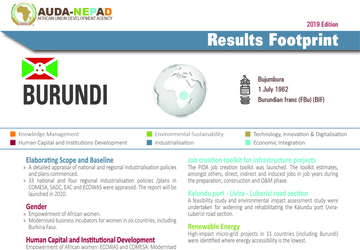 Burundi
Burundi
Official Name: Republic of Burundi
Capital: Bujumbura
Independence Day: 1 July 1962
Currency: Burundian franc (FBu)(BIF)
Key Result
1484 women and men were reached in the advancement of women rights and gender equality and human rights. The NEPAD Spanish Fund dispersed EUR679,451.00 towards supporting projects on protection and advancement of African women’s rights, promotion of a culture of peace, and the coordination of regional activities in crossborder informal trade.
Burundi is making efforts to address food insecurity, and chronic undernourishment by developing drought and disease resistant bean varieties targeting smallholder farmers.
Ruzizi III is a hydroelectric plant with a capacity of 145 MW to share power among Rwanda, Burundi and DRC promoted by CEPGL.
USD30 million for the Platform for Food Security and Rural Development of the Imbo/Mosso (PNSADR-IM) to improve water management and irrigation in drought-prone areas, improved technologies, productive assets, and the establishment of farmer field schools.
Related
Projects
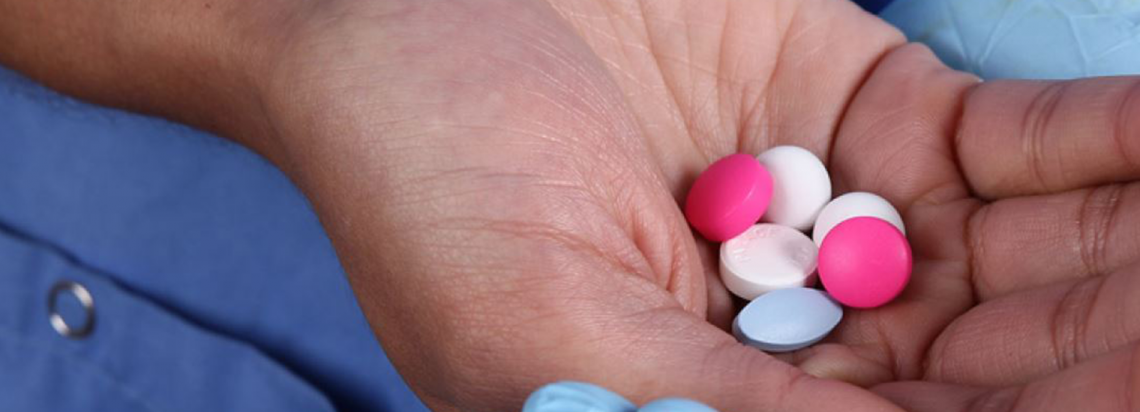
A critical AU Model Law aimed at harmonizing medical products regulatory systems in Africa was endorsed by African Heads of State and Government at the January 2016 AU Summit in Addis Ababa, Ethiopia. The AU Model Law will contribute towards accelerate the regulation of safe, quality and affordable medical products and technologies in Burundi.
After the successful establishment of the East African Countries (EAC) Medicines Regulatory Harmonization (MRH) programme in 2012, Burundi participated in the development and subsequent adoption of harmonized technical guidelines by the EAC Council in 2014 and publication of a compendium for EAC member states. Two pilot projects: the World Health Organization Medicines Prequalification Program (WHO-PQP) and the EAC Joint Assessments and Inspections ensured that Burundi participated in the approval of 5 and 7 products in 2011 and 2013 respectively. Phase two of the EAC-MRH programme has expanded to include drug safety (pharmacovigilance) strengthening; clinical trials oversight; regulation and quality assurance of medical devices including diagnostics; and harmonization of regulation of vaccines.
In 2015, the EAC-MRH programme conducted a Joint Dossier Assessment of 8 medicinal products in Entebbe, Uganda. Currently, the Burundi Department of Pharmacy and Medical Laboratories (DPML) is awaiting to receive dossiers.
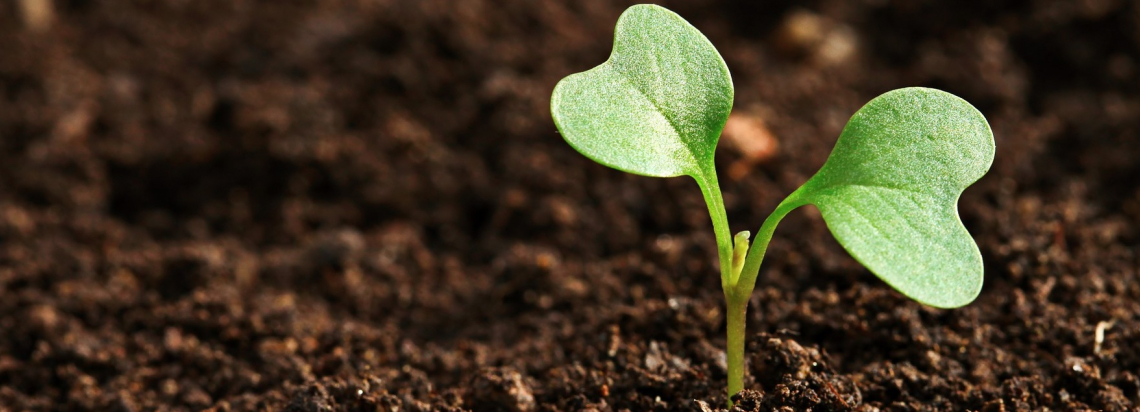
CAADP Compact: Burundi signed the CAADP Compact on 24 – 25 August 2009.
National Agriculture Investment Plan: NEPAD supported Burundi by conducting a technical review of its NAIP from the 22 – 31 August 2011
Capacity Building: Burundi received technical support in preparation for the Agriculture Public Expenditure Review.
Business: Burundi’s first CAADP Business Meeting was held on 14 - 15 March 2012.
Funding: Burundi received funding from the Global Agriculture and Food Security Programme (GAFSP) to the tune of USD 30 million

Project : TAH programme
Description : This is phase I of the continental connectivity programme that focuses on completion and standardisation of the TAH missing links by 2030
Project : Single African Sky phase 1 (design and initial implementation)
Description : Single African Sky is a continental programme that will create a high-level, satellite-based air navigation system for the African continent
Project : Yamoussoukro Decision implementation
Description : Accelerate Yamoussoukro Decision implementation by identifying countries that are ready to fully implement it, and discussing and agreeing with both their governments and airlines to launch the voluntary club on a full membership basis
Project : Rusumo Falls
Description : Hydropower production of 61 MW for Burundi, Rwanda and Tanzania
Project : Northern Multimodal Corridor
Description : This programme is designed to modernize the highest priority multimodal ARTIN corridor on modern standards (climbing lanes and urban bypasses) in East Africa. This programme aims to facilitate travel by people and goods across the borders between Kenya, Uganda, Rwanda, Burundi and DRC with a spur to South Sudan
Project : Central Corridor
Description : This programme would modernize the third priority ARTIN corridor in East Africa and facilitate travel for people and goods across the borders between Tanzania, Uganda, Rwanda, Burundi and DRC
Project : Lamu Gateway Development
Description : This programme aims at responding to the Eastern Africa challenge in developing sufficient port capacity to handle future demand from both domestic sources and landlocked countries. The priority action will be to develop the Lamu gateway
Project : Central African Inter-Capital Connectivity
Description : This programme is specially designed for Central Africa, where one of the key issues for regional integration is the missing links in several intercapital connectors
Project : Central Africa Hub Port and Rail Programme
Description : This programme aims at responding to the future capacity problems in Central African ports. This programme has two components : (a) a regional hub port and rail linkage master plan and (b) port expansion
Project : ICT Enabling Environment
Description : This programme would improve the environment for the private sectors to invest in high-speed broadband infrastructure
Project : ICT Terrestrial for Connectivity
Description : This programme has two main components secure each country connection by at least two broadband infrastructure and ensure the access to submarine cable to all landlocked countries
Project : Internet Exchange Point (IXP) programme
Description : The aim of this programme is to provide Africa with adequate internet node exchange to maximise internal traffic
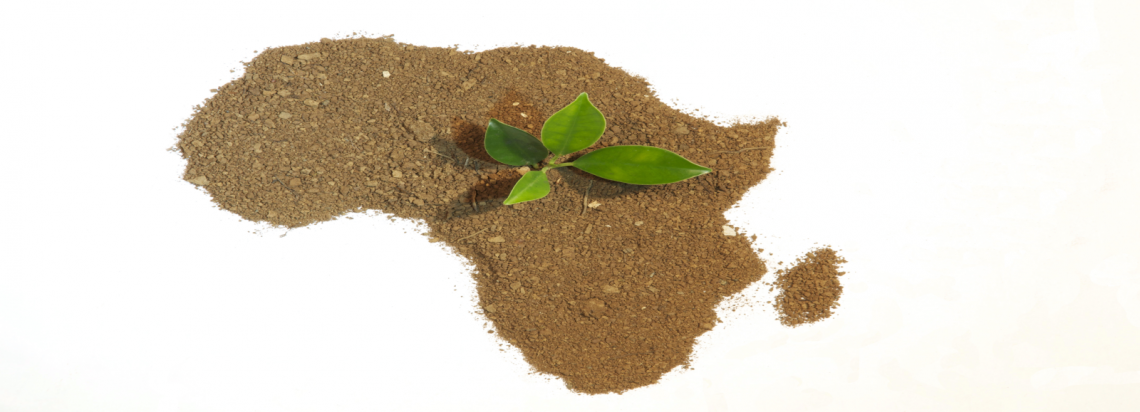
Results:
•74 435 women empowered economic and financial terms: Income generation skills; Deployment of technical assistance to boost agriculture production for both consumption and commercial purposes; Accessing agricultural extension services; Promotion of gender inclusiveness in decision making; Creation of enabling environment to access land; Land tenure and legalization of land title for women; Youth job creation; SME management; Informal and Regional Trade development.
•25 438 women support through institutional based capacity building.

Advocacy and Strengthening of Negotiation Capacities on Post-2015 Development Agenda through the Common African Position (CAP)
Global Partnership for Effective Development Cooperation (GPEDC)
The Global Partnership is an inclusive political forum bringing together governments, bilateral and multilateral organisations, civil society and representatives from parliaments and the private sector, committed to strengthening the effectiveness of development co-operation to produce maximum impact for development. Through its multi-stakeholder platform, the Global Partnership provides support, guidance and shares knowledge to boost development impact with a strong country focus, and to ensure a degree of coherence and collaboration among all development stakeholders on co-operation flows and policies. It offers a global mechanism to ensure co-operation is based on Busan principles of ownership, results, inclusiveness; and transparency and accountability to deliver tangible results on the new SDGs. NEPAD Agency is the Africa’s Secretariat for the Global Partnership.
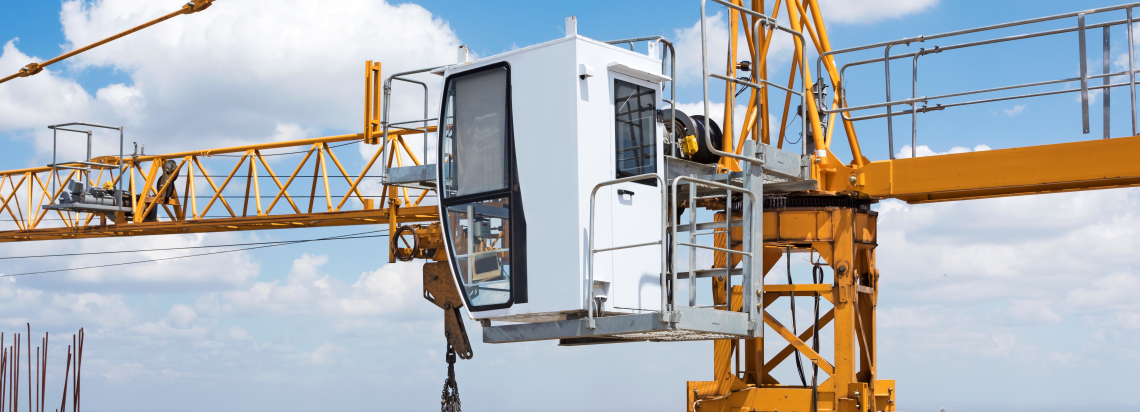
Project: Unblocking Political Bottlenecks for ICT Broadband and optic fibre Projects Linking Neighbouring States
Description: The use of political gravitas and goodwill to unblock and facilitate political bottlenecks affecting the implementation of ICT broadband and optic fibre projects on the continent
Project: Construction of Navigational Line between Lake Victoria and the Mediterranean Sea
Description: This project has various components focusing on water management and intermodal transport

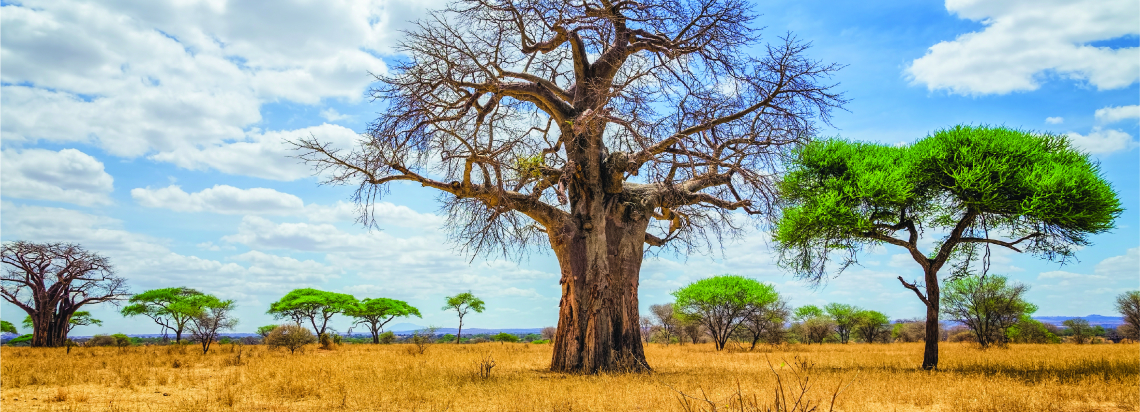
Technical support was provided to undertake cost-benefit analyses, and as well in the formulation of the Country Strategic Investment Framework (CSIF) on SLWM. Subsequently, SLWM priorities have been integrated into national environmental and agricultural frameworks. In addition, the CSIF serves as a key national policy document that strengthens alignment and guides technical and financial implementation support of in-country and external development actors in the environment sector. The support was possible through the TerrAfrica Leveraging Fund (TLF).
Additional support was provided to its coffee project. The TerrAfrica Activities in Support of the Sustainable Coffee Landscape Project were meant to help prepare and plan the SLM communication and participatory activities to feed into the design of the project. The activities supported include analytical work on SLM communications and preparatory activities for the GEF Sustainable Coffee Landscape Project. This will enable scaling up of investments in sustainable land and water management (SLWM) practices in coffee areas and conservation of biodiversity in protected areas, and will contribute to the establishment of management corridors between sustainable shade-grown coffee plantations and protected areas. In Burundi, the upper watersheds main land use is coffee production, while the lower watersheds include some of the most significant wetlands of Burundi. Total TerrAfrica leveraging Fund (TLF) support was $307,523.

"At the beginning of 2014, 37 of the 42 opted-in African countries have completed a rapid assessment / gap analysis. The next step for countries is to develop a SE4LL Action Agenda and Investment Prospectus(es). To support this process, the SE4ALL Africa Hub partners have led the development of Africa Guidelines for SE4ALL national Action Agendas. The Africa Guidelines lay out principles and process for developing Action Agendas and put forward a balanced approach of centralized and decentralized solutions to achieve universal access to energy services.
Progress in Burundi:
SE4All Action Agenda under development"
you agree to the AUDA-NEPAD Privacy Policy.

